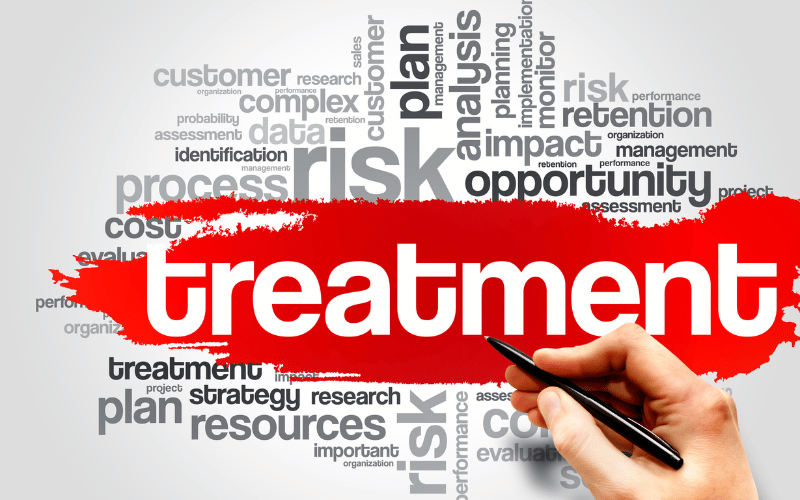Fact 6: Treatment – The Path to Healing

Treating an esophageal ulcer isn’t just about symptom relief; it’s about addressing the underlying cause and preventing potential complications. Most treatment regimens start with medications. Proton pump inhibitors (PPIs) and H2 blockers are commonly prescribed to reduce stomach acid production, facilitating the ulcer’s healing.
If an infection, like Helicobacter pylori, is determined to be the cause, antibiotics become a part of the treatment plan. It’s crucial to complete the entire course of antibiotics to ensure the bacteria is eradicated, preventing recurrence.
Lifestyle changes often complement medical treatments. Reducing or eliminating the consumption of irritants like alcohol, caffeine, and spicy foods can speed up healing. Elevating the head during sleep, ensuring meals aren’t consumed close to bedtime, and maintaining a healthy weight can also make a significant difference.
In rare cases, if the ulcer doesn’t heal with medication and lifestyle adjustments, surgery might be recommended. Procedures can involve removing the ulcer, tying off bleeding vessels, or treating any obstruction the ulcer might be causing.
Lastly, consistent monitoring is key. Regular follow-ups with a healthcare professional, especially during the initial phases of treatment, can gauge progress, make necessary adjustments, and ensure the best possible outcome. (6)